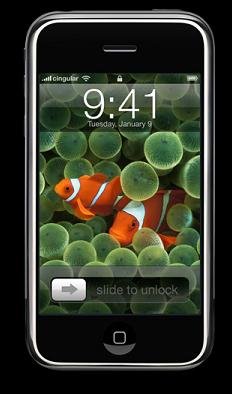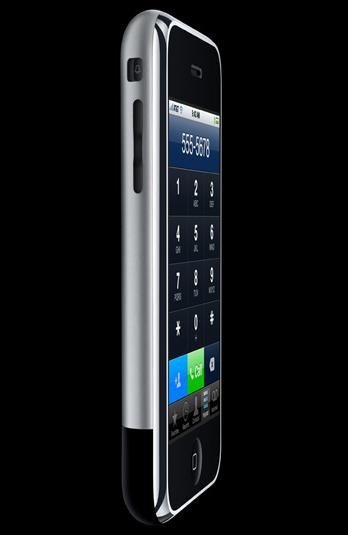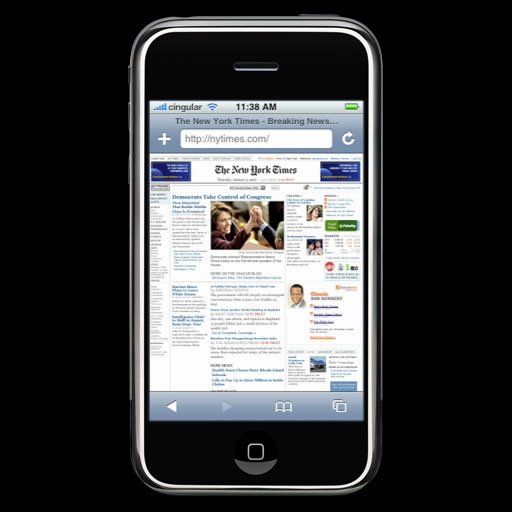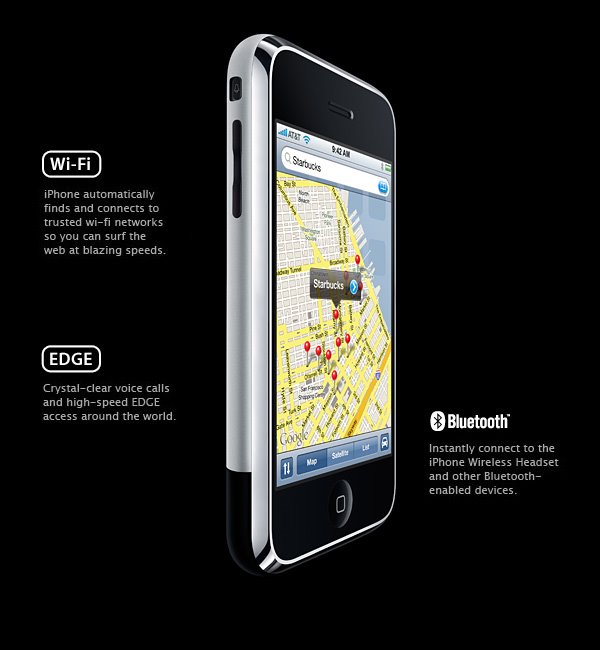iPhone may go it alone in Europe
EUROPE - Apple might choose a retail-only strategy when it launches its iPhone in Europe, as operators are complaining about the firm's arrogant demands.
"Operators consistently told us – not for attribution, of course – that they had spoken to Apple and found the company 'unbelievably arrogant,' making demands that 'simply can not be justified, no matter how hot the product is,' Avi Greengart, a principal analyst covering mobile devices for Current Analysis wrote in an advisory report on Monday.
"Several [operators] were adamant that they will never offer the iPhone."
The operators didn't disclose to Greengart what demands Apple imposed on European operators, he said in a phone interview.
Apple is preparing a US iPhone launch on 29 June. The company has previously promised an European release in the fourth quarter of this year.
In the US the device will be available only through mobile provider AT& T, previously known as Cingular. Apple has previously said that it is looking for a www.vnunet.com for the entire European market.
Greengart suggested that Orange would be well suited to offer the iPhone, because it is the only operator that has significant Edge coverage in Europe. The first version of the iPhone will feature an Edge radio, but lacks 3G capability. Edge is commonly referred to as 2.8G because it offers slightly slower data transaction rates that 3G.
Instead of partnering with an operator, Apple could opt to sell the iPhone through its existing dealer networks or partner with specialized mobile phone retailers such as the Carphone Warehouse which has subsidiaries throughout Western Europe.
If Apple decided to sell the iPhone directly to consumers, it would have to sell the devices without simlock, allowing the buyer to insert their own SIM card.
This isn't an option for the US market because several providers don't use SIM cards, and because operators use different network standards that prevent the iPhone from working on some networks.
Going operator-free however would pose a new challenge for Apple because the phone relies on the provider to power features such as the visual voice mail. This allows the user to view the sender of a message and select it, instead of having to listen to the entire queue of left messages.
This would force Apple to host voicemail or seek an outside partnership to bypass the voicemail services that are offered by operators.
Source






No comments:
Post a Comment